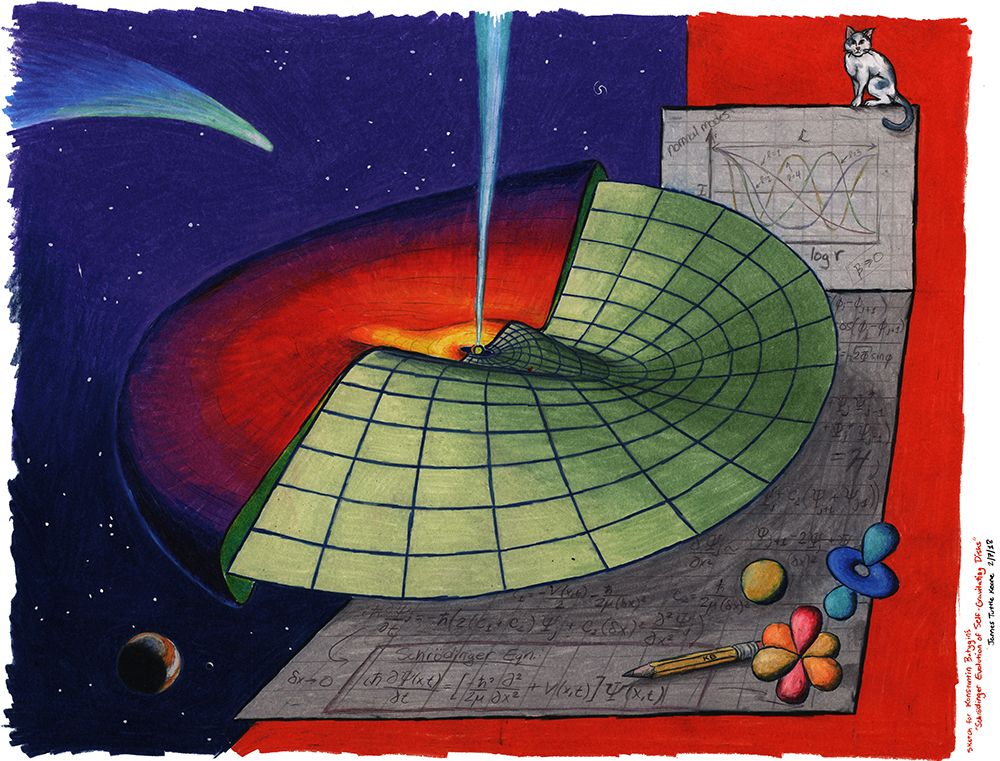
In Hefei, China, the world's most advanced quantum communication network has reportedly been developed. The network is composed of three quantum devices and a central server, and it is as close to an unhackable quantum internet as we have gotten yet. The network shares some features with conventional communication networks, such as transmitting information through optical fibers. However, the light traveling in the quantum network comes in chunks whose quantum properties are used to encode information. This makes it impossible for an eavesdropper to intercept the information without being detected.
Quantum communication is a big advance in quantum networks, and it has the potential to revolutionize the way we communicate. The technology uses the principles of quantum mechanics to transmit information securely over long distances. It is based on the idea that if two parties share a pair of entangled particles, they can use them to transmit information securely. Any attempt to intercept the information would disturb the entangled particles, and this disturbance would be detected by the parties involved.
The development of this city-wide quantum communication network is a significant step forward in the field of quantum communication. It demonstrates that it is possible to build a large-scale quantum communication network that is both secure and practical. The technology has many potential applications, such as secure communication between government agencies, financial institutions, and other entities that require high levels of security. It could also be used to create a quantum internet that would be much more secure than the current internet infrastructure.
Inspired by the New Scientist's Article: "City-wide quantum communication network in China is most advanced yet" by Karmela Padavic-Callaghan

Comments
Post a Comment